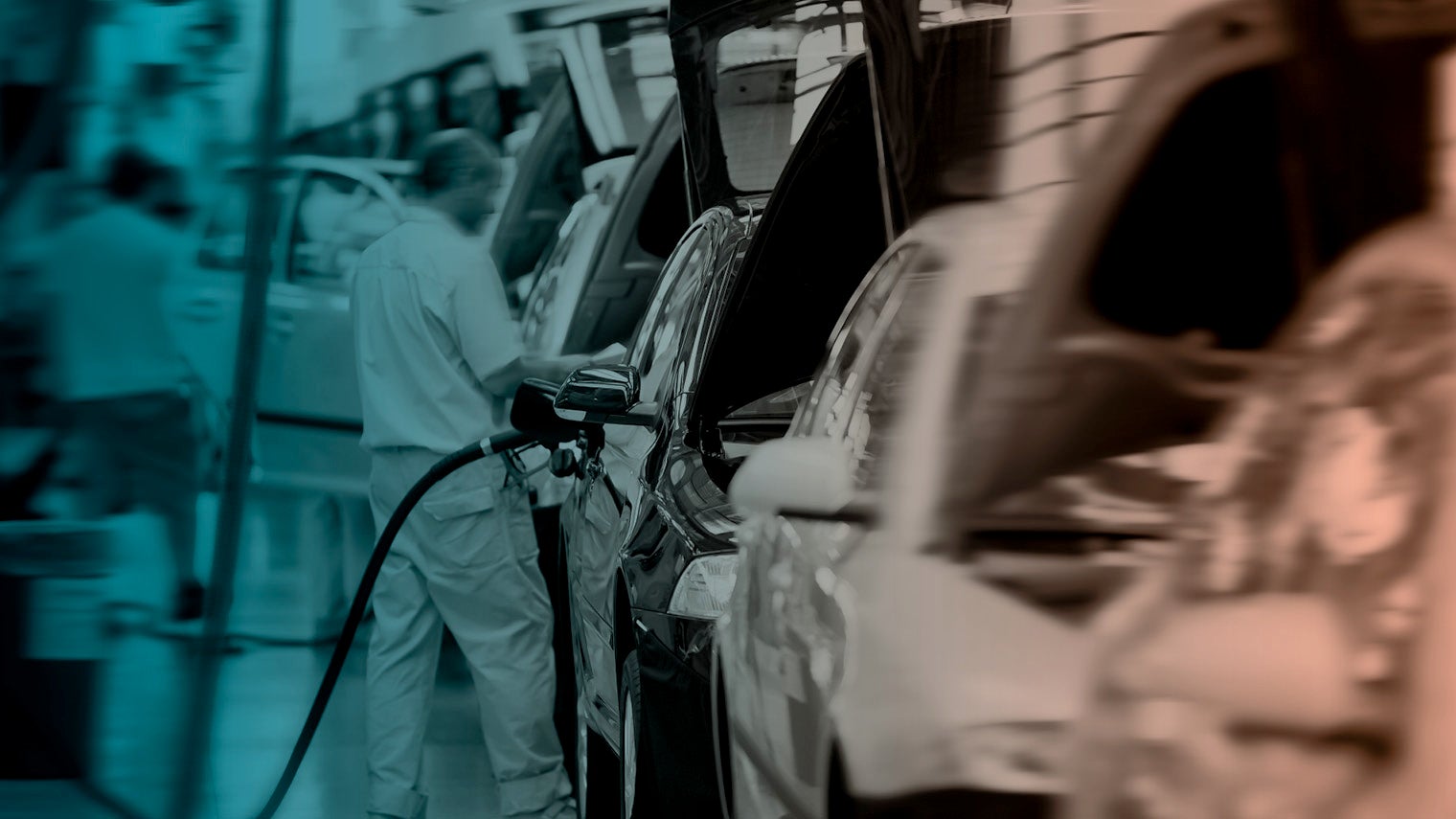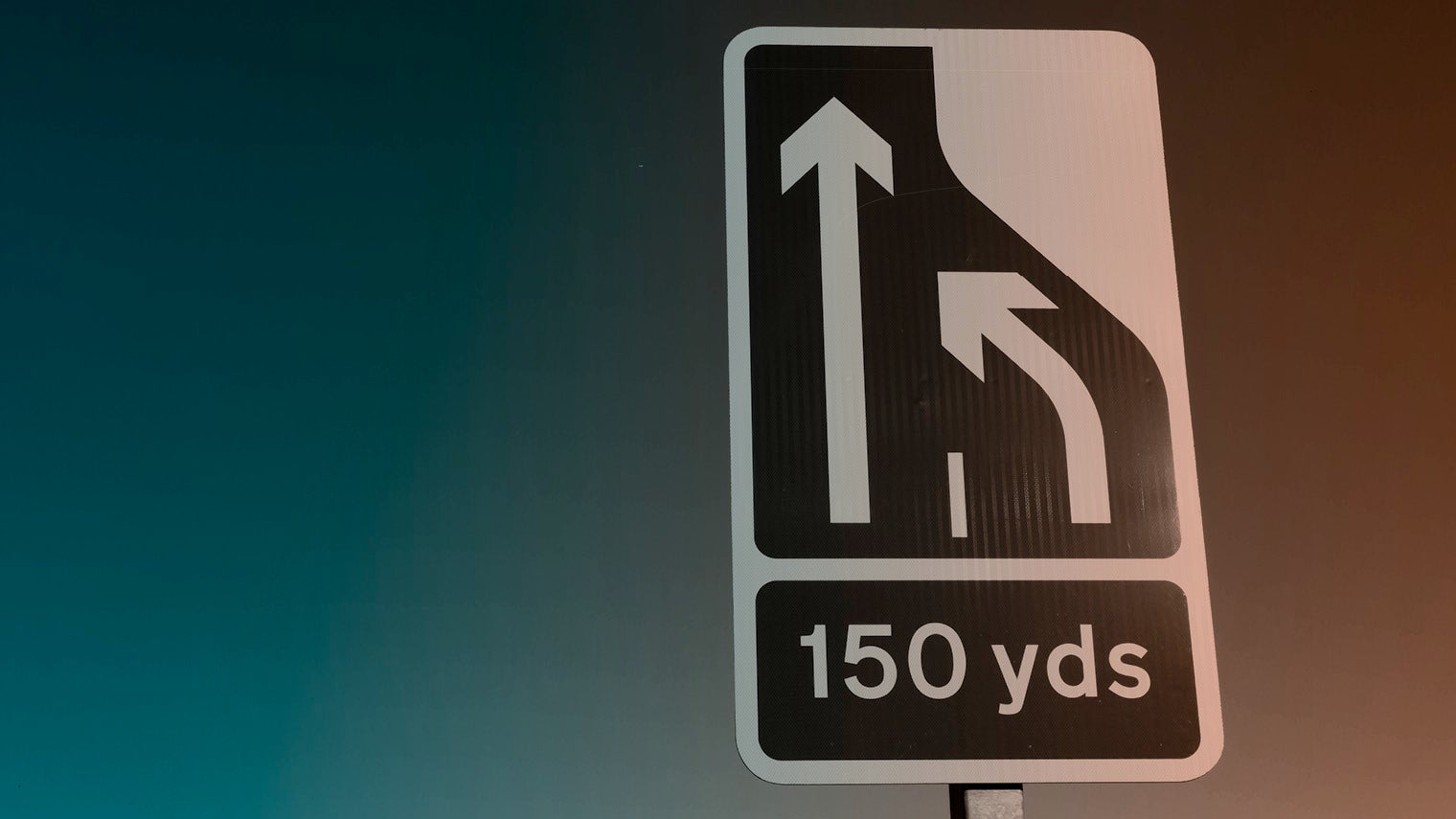-
Could car insurance rocket if you don’t have a driverless car?
Driverless cars may not yet be ready for a widespread rollout, but if the rapid advancements in autonomous vehicle technology continue it won’t be long before these vehicles are on the roads. If the safety worries around self-driving vehicles can be allayed, and the number and severity of accidents can be kept low, the cost of insurance will fall. But what will happen to the insurance premiums of those who continue driving cars that aren’t autonomous?
“In a competitive market, motor insurance premiums will continue to reflect the risk presented to and determined by individual insurers, and it’s unlikely premiums for non-automated vehicles would rise disproportionately,” says Tim Marlow, head of autonomous and connected vehicle research at Ageas, a multinational insurance company.
While it’s unlikely general car insurance prices will skyrocket as soon as driverless cars are on the road in large numbers, the ability of automated driving systems to prevent accidents will clearly push down self-driving car insurance premiums.
Over time, the disparities between the premiums of driverless and non-driverless cars may become extreme, especially as the technology continues to improve and reaches the point where only a few drivers don’t make the switch.

-
Will car manufacturers provide insurance?
In the new insurance marketplace, carmakers are on course to play a much more prominent role in insurance. A number of industrial analysts project that the rise of driverless technology will dramatically alter the sector. Research from KPMG forecasts that the rise of autonomous car technology could reduce the car insurance industry by 71 per cent by 2050.
While car manufacturers will vie with traditional insurers for market share, there may be different areas of insurance where conventional insurance products are most suited.
“Alongside original equipment manufacturer (OEM) product insurance required for driverless vehicles, it is very likely there will still be a legal requirement or consumer desire for additional cover over the basic OEM product cover,” says Howard Collinge, director at specialist telematics firm insurer Coverbox.
“Policies are likely to focus more on an individual’s driving habits or routines, rather than on speed or driving abilities as autonomy levels our driving standards. Converting this data into relevant and actionable insight for insurers, and importantly customers, will become evermore important,” says Mr Collinge.

-
What role will traditional car insurers play?
There is no question that the emergence of self-driving cars will fundamentally change how car insurance is purchased and offered to consumers, with established car insurers needing to adapt to the new environment they find themselves in.
“I believe there will be a form of product liability insurance that will be offered, via reinsurers, from OEMs for driverless vehicles, similar to third-party cover now. There will still be a requirement for drivers to have private insurance which will be used to top up this base cover to the level of the comprehensive cover prevalent today,” says Andrew Bennett, chief executive at Insure Telematics Solutions, specialists in motor insurance telematics.
It may be the case that some insurers are undercut by manufacturers and others decide to transition away completely from offering car insurance. The most successful will develop their offering to meet the evolving needs of driverless car owners.
“Inevitably, deeper connections are likely to develop between OEMs and the insurers that remain around new car purchasing methods and financing models. These relationships will rely heavily on the insurer’s value-add with regards to both data translation and internet of things platforms,” says Mr Bennett.

-
Where will responsibility lie when there’s a car crash?
With automous vehicles set to travel on UK roads from 2021, there have been contentious discussions around which party is to be held responsible for automotive accidents. The question of liability becomes even more complex when autonomous vehicles will be on the roads alongside non-autonomous cars, leading to issues around who is at fault.
The 2018 Automated and Electric Vehicles Act sets out that if an automated vehicle causes an accident, the insurer is liable for damages, which includes injury to the person “driving”.
“The insurer then has the ability to seek recovery of all or part of their outlay from another at-fault party. This may include the vehicle manufacturer or supplier of the automated driving system, if there was a fault in or failure of that system, or a third-party driver, if their actions contributed to the accident,” Mr Marlow at Ageas explains.
Under the Automated and Electric Vehicles Act, whoever owns the autonomous car is responsible for keeping vehicle software up to date and well maintained. For example, if old software is hacked by a cyberattacker and damage occurs directly due to this attack, the insurer may not be liable unless the car insurance policy explicitly covers this eventuality.

-
Is M&A among insurers and car manufacturers set to grow?
According to research from the Boston Consulting Group, the autonomous car market will total $77 billion by 2035, with one in four cars on the road self-driving. It’s no surprise that as this market grows, car manufacturers are looking to gain a closer relationship with insurers to offer customers a more holistic service and provide services they don’t currently supply.
Mergers and acquisitions (M&A) activity and deals in the automotive industry are set to increase alongside the need for manufacturers to develop a mix of insurance products for the self-driving market. By going down the M&A route, carmakers can quickly gain access to high-level insurance talent and begin to expand their product mix to meet rapidly changing customer needs.
“Auto manufacturers have been focusing on tech M&A in recent years to gain a foothold in the self-driving space, and car insurance could well be another sector where M&A is appropriate to retain their market position and open up new revenue streams,” says Daniel Ruiz, chief executive of Meridian Mobility UK, a government-backed intelligent mobility accelerator.
Could car insurance rocket if you don’t have a driverless car?

Will car manufacturers provide insurance?

